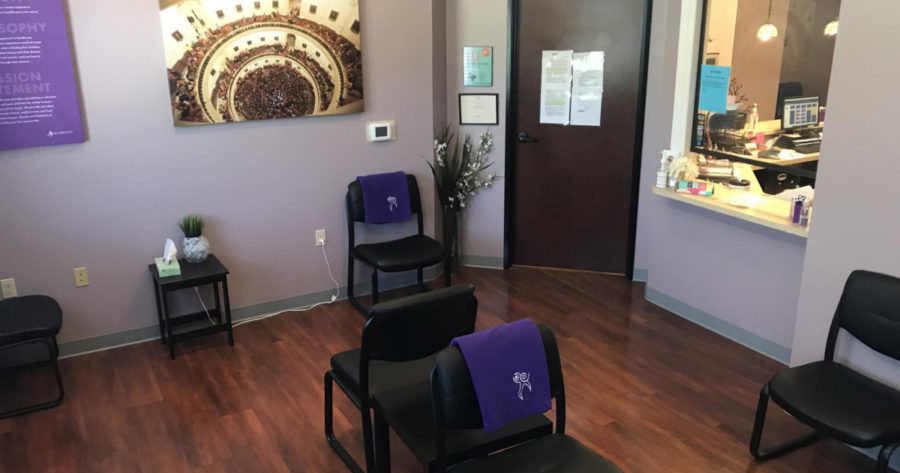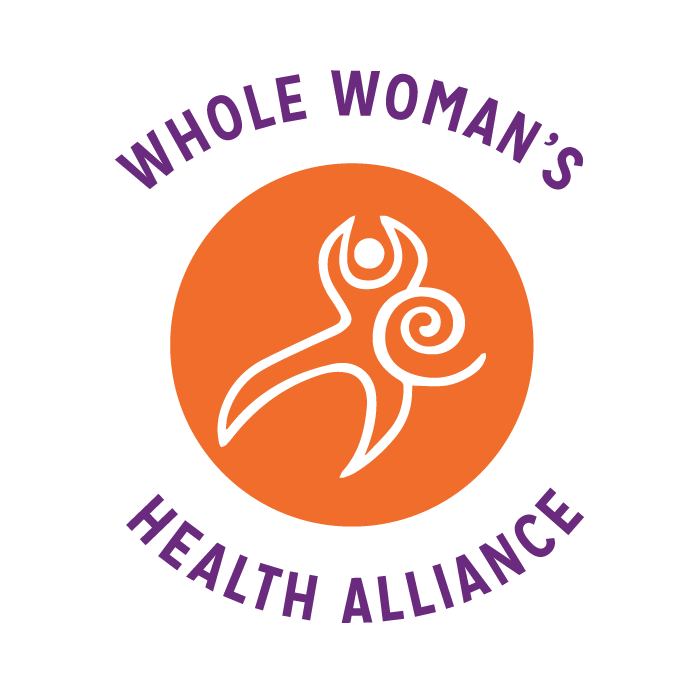Dr. T* is a native Texan and an abortion provider at Whole Woman’s Health of Austin. She fell in love with OB-GYN and knew it was “a critical deficit to not have abortion training.” She went to medical school in Texas and didn’t have any abortion training, despite actively seeking it out. “Even in hospital care, we’d see people with unwanted pregnancies so overwhelmed trying to learn the truths about abortion and where to find it,” she shares. It wasn’t until Dr. T’s residency training in New Mexico that she had her career lightbulb moment. “Why are these women getting so much better care in another state? There’s no reason why Texas women should have worse healthcare than other women in the country. It’s like ignoring diabetes or high blood pressure.”
Dr. T is no stranger to navigating medically unnecessary restrictions just to provide abortion care in Texas. But Senate Bill 8, the most monstrous abortion ban she’s ever seen, has her worried. “I worry about how this is going to worsen the healthcare disparities we already see in Texas. I worry about the potential loss of privacy to patients. I worry about the fear that people who are seeking abortion care will feel and how alone that will make them feel. I worry about people traveling to access abortion care in other states during a pandemic. I worry about how this affects the residents we train in Texas and how we will compensate for this deficit in their training. I worry about that the generational effect [lack of training] may mean people won’t feel comfortable providing abortion care in the future.”
Dr. T is already seeing SB 8’s impact. “The point of SB 8 is fear politicking – and it’s working. People have seen the news and are already finding other ways of accessing abortion. Clinic staff also see the lack of job security. A huge source of burnout right now is having the ways, means and skills to provide good care but having to tell patients you can’t. We felt that with the Executive Order and we’re going to feel it with SB 8.”
But Dr. T is courageous and in it for the long-haul. “The biggest thing that keeps me going is thinking beyond the immediate overwhelming, depressing situation. It won’t be pretty in the moment, but we’re going to get to a more just and equitable future.”
She also wants current and future patients to know they are not alone. “You’re not wrong for having an abortion. It may feel wrong because someone has made you feel that way by making it inaccessible. But the decisions that you are making are healthcare decisions that you have every right to make.”

